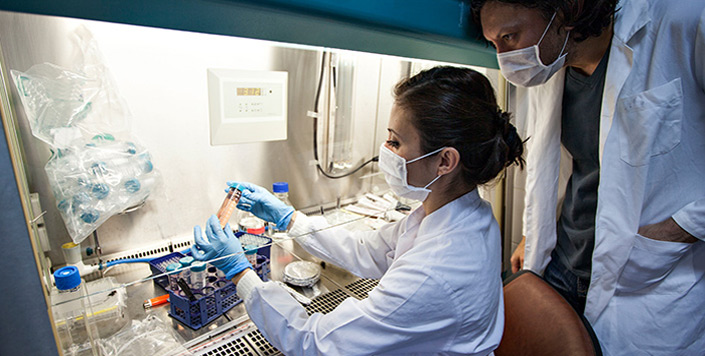
School of Medicine Publications and Presentations
Document Type
Article
Publication Date
3-2017
Abstract
Objectives
Individuals with bipolar disorder (BPD) exhibit alterations in their phospholipid levels. It is unclear whether these alterations are a secondary consequence of illness state, or if phospholipids and illness risk overlap genetically. If the latter were true, then phospholipids might provide key insights into the pathophysiology of the illness. Therefore, we rank-ordered phospholipid classes by their genetic overlap with BPD risk in order to establish which class might be most informative in terms of increasing our understanding of illness pathophysiology.
Methods
Analyses were conducted in a sample of 558 individuals, unselected for BPD, from 38 extended pedigrees (average family size=14.79, range=2–82). We calculated a coefficient of relatedness for all family members of nine individuals with BPD in the sample (N=185); this coefficient was set to be zero in unrelated individuals (N=373). Then, under an endophenotype ranking value (ERV) approach, this scalar index was tested against 13 serum-based phospholipid concentrations in order to rank-order lipid classes by their respective overlap with BPD risk.
Results
The phosphatidylinositol class was significantly heritable (h2=0.26, P=6.71 × 10−05). It was the top-ranked class, and was significantly associated with BPD risk after correction for multiple testing (β=−1.18, P=2.10 × 10−03, ERV=0.49).
Conclusions
We identified a peripheral biomarker, serum-based phosphatidylinositol, which exhibits a significant association with BPD risk. Therefore, given that phosphatidylinositol and BPD risk share partially common etiology, it seems that this lipid class warrants further investigation, not only in terms of treatment, but also as a promising diagnostic and risk marker.
Recommended Citation
Knowles, E. E., Meikle, P. J., Huynh, K., Göring, H. H., Olvera, R. L., Mathias, S. R., Duggirala, R., Almasy, L., Blangero, J., Curran, J. E., & Glahn, D. C. (2017). Serum phosphatidylinositol as a biomarker for bipolar disorder liability. Bipolar disorders, 19(2), 107–115. https://doi.org/10.1111/bdi.12468
Publication Title
Bipolar disorders
DOI
10.1111/bdi.12468
Academic Level
faculty
Mentor/PI Department
Office of Human Genetics


Comments
Original published version available at https://doi.org/10.1111/bdi.12468